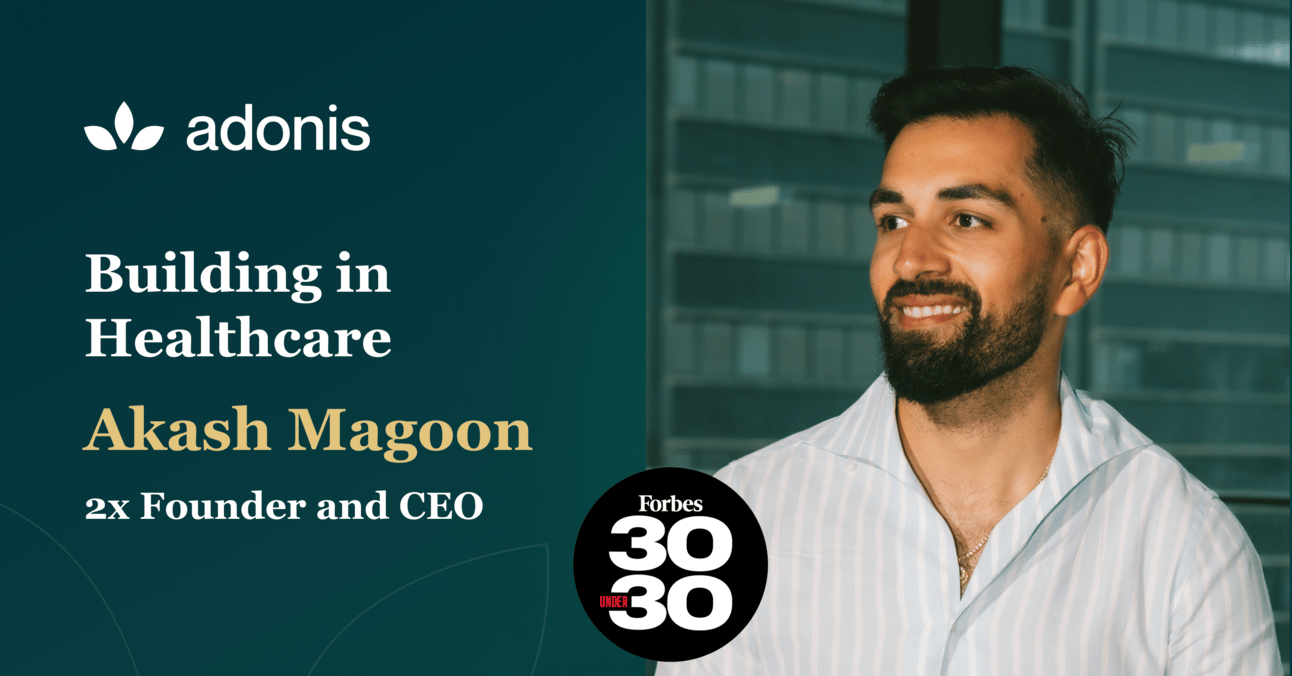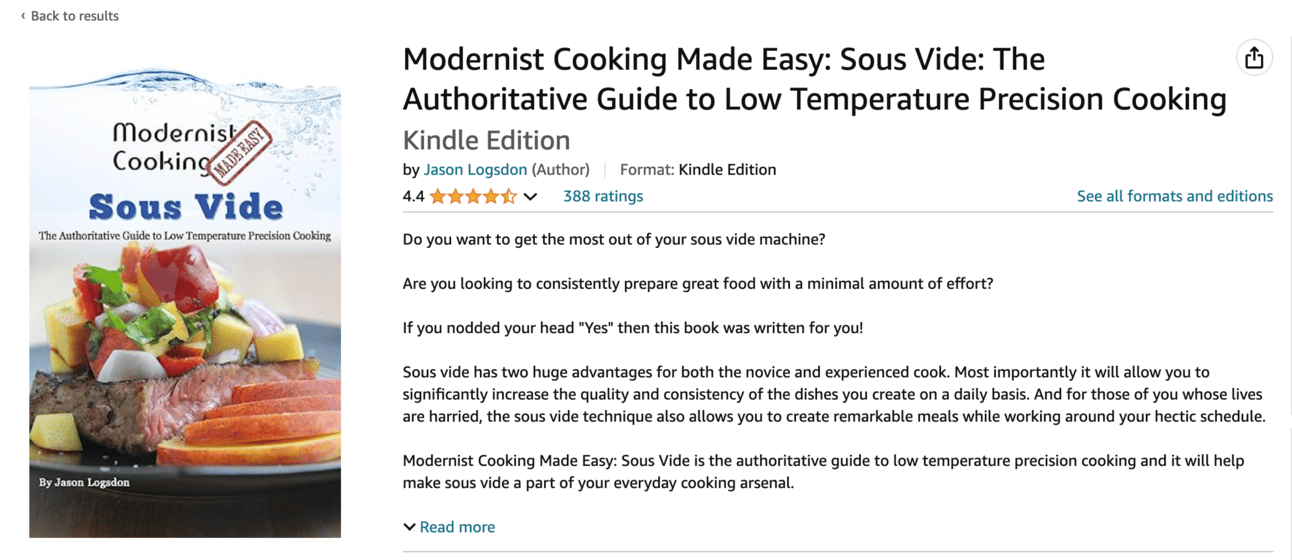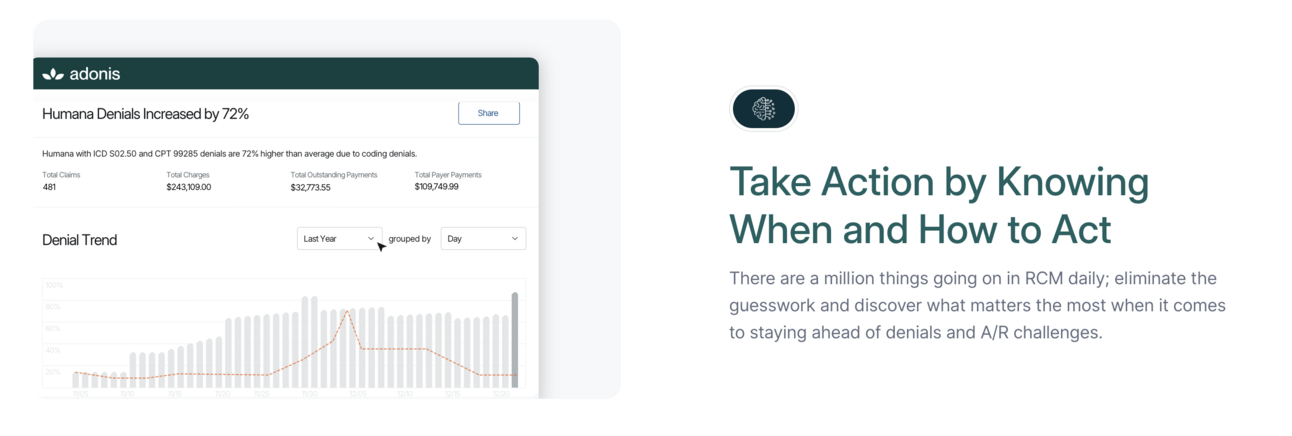- Building in Healthcare by Akash Magoon
- Posts
- Building two 9-figure healthcare technology companies
Building two 9-figure healthcare technology companies

This week we are celebrating 2 years since my brother, Aman, and I started Adonis. We founded Adonis after seeing the massive challenge our nation’s healthcare providers face getting paid by insurance companies - and since then we’ve built a platform that helps over 10,000 providers across physician groups, hospitals, and digital health companies monitor and manage this process. The journey tackling this problem has been super rewarding. We’ve raised over $50m to date and have grown our team to 60 Adonises strong.
The founding of Adonis started from an ironic life event. My brother and I previously started and scaled our first company focused on helping consumers pick the right healthcare benefits during open enrollment. We were partnered with some of the nation’s largest insurers to help Americans across the country and had become very well versed in the complexities of benefit coverages. It wasn’t until I fractured my shoulder in a basketball game in New York City, requiring a fairly intensive surgery, that I learned about the complexities from the point of view of the provider, my orthopedist. He struggled to get the correct authorizations from my insurer at every step of my clinical journey. As my orthopedist and I became friends, I learned that their entire billing department was riddled with manual work, denials, changing insurer rules, and all of it was hard to track. As my brother and I started speaking with dozens of other practices, we quickly learned that medical billing was unanimously very painful and that there were massive gaps to fix.
Check out the forbes coverage of our launch in 2022 where my brother is experiencing a rare moment...a good hair day.
We quickly discovered that the underlying causes that led to the aforementioned gaps were two status quos. The first is that most healthcare groups spend at least 5-10% of their revenue on medical billing costs. The second, and more surprising, is that it’s normal to have a net collection rate between 86-90%. Think about that for a second, that means most practices are leaking at least 10% of their revenue.
Imagine if your local coffee shop only got paid for 88 out of every 100 espressos they pulled.
What we learned is that most medical groups have a hard time understanding why and where they are leaking revenue because the data is messy and all over the place. It’s hard to fix something if you can’t measure it.
We built Adonis Intelligence to monitor and surveil revenue and claims data for providers groups and the impact for our customers has been meaningful.
The key differentiator of Adonis Intelligence is that instead of having staff members or analysts comb through several thousands or millions of records, depending on the size of the practice, to find anomalies, missing payments, and issues - Adonis serves as a watchdog over this data and alerts finance and revenue cycle teams on problematic areas or areas that might be problematic.
After building Intelligence, we received a ton of great and consistent feedback from customers. They basically said “Adonis has done a great job uncovering and predicting challenges in our revenue. Can you help us fix and automate these issues?”
This inspired us to build our second product called the Adonis Billing Workspace, which puts the claims submission process on autopilot.
Adonis’ Billing Workspace takes all of the insights learned from Adonis Intelligence to help provider groups run a best-in-class claims submission operation, rooted with automation, to help them get paid faster with a lot less manual work.
We’re just getting started.
Here are our secrets on how we built two healthcare technology companies with 9-figure valuations:
Distribution matters as much as product
There are plenty of great ideas in healthcare, and several companies with great products fail because they haven’t found the right ICP (ideal customer profile) and channel to sell into.
Finding the right channel can require a lot of trial and error and it’s been critical early on in both of our businesses to iterate and experiment with great speed.
To do this effectively, it’s important to think about the diversity of buyers, where they sit in the value and decision making chain, and what’s important to them aka what pain they are presently experiencing.
In our first business, we tried selling into HR teams of employers, insurance brokers, payroll companies, and insurers, and every single type of buyer in this list bought for a different reason and required a different pitch and demo experience during the sales process.
At Adonis, we partner with physician groups, EHR companies, digital health companies, and hospitals, and it took many iterations of our messaging and how we present our offering to get the right talk track and product make up for each type of customer.Meet your customers where they are
It’s really a hard pitch when you build a product where your customers have to migrate their existing system over to yours or to disrupt an existing workflow that people are used to.Being able to integrate with their existing technologies or making it super easy to migrate is really important.
In our first business, we integrated our product with dozens of incumbent payroll platforms. This made the employee experience seamless and the sales process straightforward, as HR teams didn’t have to introduce a new, hard to understand addition to the benefits experience.
At Adonis, we integrate with electronic health record systems, clearinghouses, and insurance companies, and don’t require our customers to change workflows that doctors, clinicians, front desk staff, and operational employees need to use.
Building software with integrations at its core is definitely challenging, especially with incumbent platforms that have tough to understand and use data formats, but it makes the buying and onboarding experience very seamless.
Tell your story early and often
At both companies, we were building a product in a category that was full of stodgy competitors. Most of our potential customers had been burned by some old company. It was important to tell our story on who we are and why we are different early and often. We believed in marketing our company so much that our head of marketing was hire #7, which is not very traditional in venture-backed startups.Make hiring your superpower
Disrupting a traditional industry like healthcare requires creative, out of the box thinking, and I’ve found that hiring people that come from unique and different backgrounds is really important to make sure that the ideas flowing from your team aren’t restricted to the constraints that people from the industry have grown up in. Sector expertise can be a double-edged sword. Said differently, when you have someone who has been doing something for so long, it’s challenging to question the status quo - because that’s all they’ve ever known. But having someone fresh come in and ask questions like they are 5, usually brings about interesting ideas.
Examples of people we’ve hired with unique backgrounds include:Jason Logsdon, our director of engineering, who previously was a top ranked sous vide chef, is a bestselling author of a cookbook, and built software for fantasy sports leagues.

Doug Pickett, our head of sales, was previously a Ralph Lauren model before finding his way into healthcare.

Both Jason and Doug bring fresh perspectives to Adonis, and we benefit from hires who see the world differently than people who have only worked in healthcare.
Thanks for tuning in. Till next time ✌️

